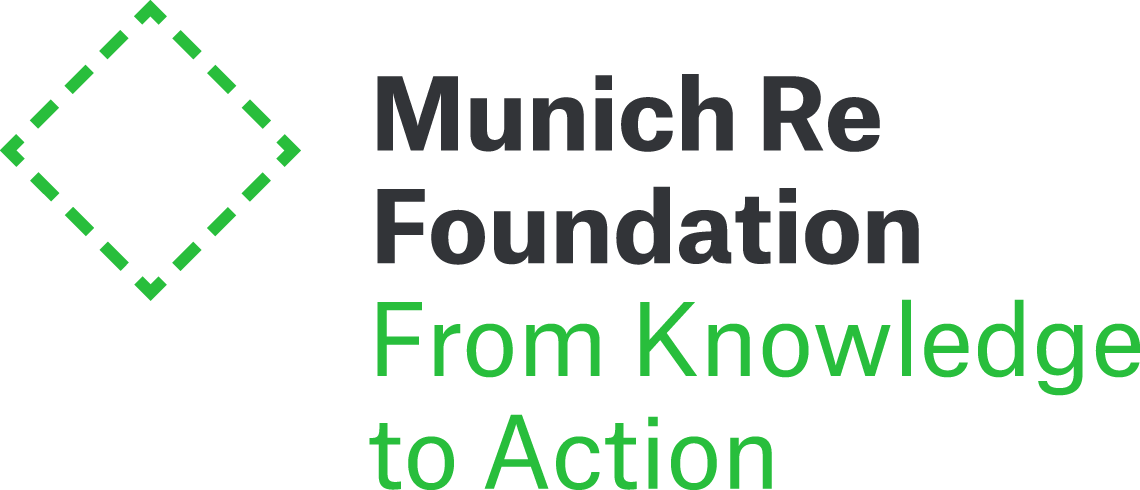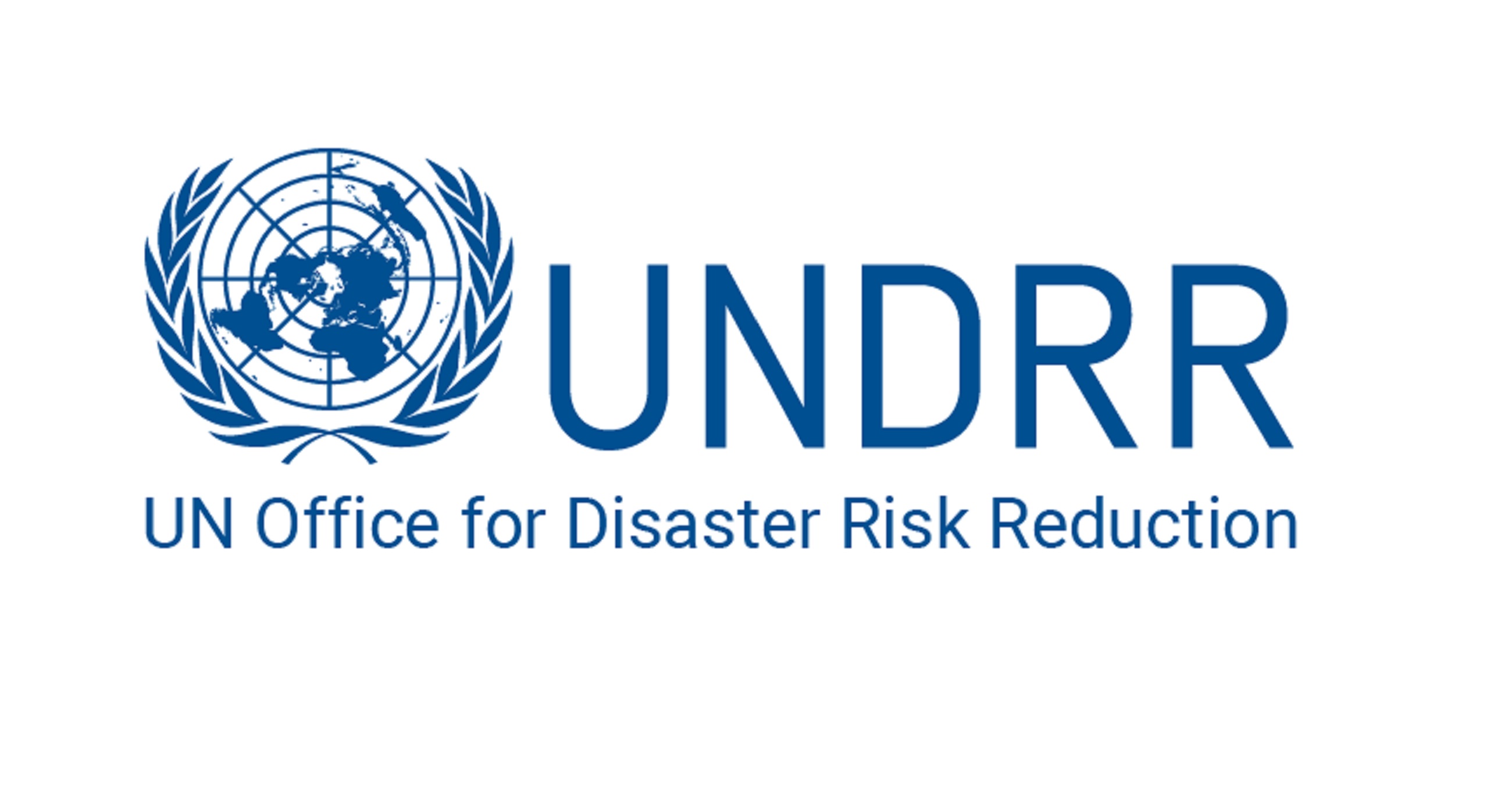Call for applications
The 2025 RISK Award is looking for project proposals under the topic "Children and youths as agents of change for DRR". In this sense, the 2025 RISK Award reflects a combined approach from three major UN frameworks, namely the Sendai Framework for Disaster Risk Reduction (2015-2030), the 2030 Agenda for Sustainable Development and the Paris Agreement on Climate Change 2015. We especially invite non-profit organisations, NGOs, but also academic institutions and local communities to apply with their non-profit projects on this topic.
About the RISK Award
The risks posed by population development, environmental and climate change are increasing. Complex technical systems and vulnerable infrastructurs are additional risk factors. The RISK Award partners recognise the need to address this development. The RISK Award has been set up to help improve risk reduction and disaster management by providing financial support to projects dedicated to these issues.
Award endowment - Funding
The RISK Award is endowed with 100,000 €. This means that we can contribute to your project with a maximum of 100,000 €. However, we also understand that there are many initiatives that are larger. In this case, please write in your application what the volume of your overall project is and where the other required financial resources will come from.
Guidelines for Application
Dates and deadlines:
- 01 July 2024: Announcement of the 2025 RISK Award topic
- 01 July - 13 October 2024 (20:00 CET): Application phase
- 24 July 2024: Online Seminar I - How to write a RISK Award proposal
- 25 September 2024: Online Seminar II - How to write a RISK Award proposal
- 01 April 2025: Individual notification of application status
- June 2025: 2025 RISK Award ceremony
Content:
- The proposal must address the specific annual RISK Award topic
- The project must be non-profit. Business development is not possible to be supported by the RISK Award.
- The proposed project must include an implementation part (action), a proposal solely based on research is not sufficient.
- The risks must be related to climate change and natural hazards.
- Risks due to social turmoil, war, chemical disasters, and/or political crises are not in the scope of the RISK Award.
- We appreciate ideas to involve the people at risk (people centred approaches).
- We appreciate proposals which combine bottom-up approaches with top-down frameworks (community-based approaches).
- We encourage project teams which are engaged in multi-stakeholder partnerships (different sectors, different sizes, different organisational background, PPPs).
Guidelines for your application:
In the online portal you will only have to fill in a few predefined fields. The main part of the application will be a freely created project description. We deliberately do not provide a fixed framework here, as the projects are too diverse and a fixed framework is detrimental to the uniqueness of the initiative descriptions. Nevertheless, we would like to point out a few points that you should consider when writing your proposal:
- We will evaluate the proposals according to 5 indicators: (1) Potential for impact, (2) Equity, (3) Scalability, (4) Viability and Sustainability, (5) Institutional capacity.
- Try to highlight how your project contributes to these 5 indicators and consider that when structuring your proposal text.
- Clearly define your target group and beneficiaries of the project.
- Clearly define the outputs, outcomes and impact which you aim to achieve with your project.
- In July and in September we will offer short online courses on "How to write a RISK Award proposal". For further details and questions we invite you to join those sessions. The sessions are NOT mandatory for the application process.
How to apply
Application process:
- Click on "Login" and create a new user account by choosing "New user? Click here".
- Click on "Submissions" in the navigation bar and on "Add new submission" to upload your application.
- Click on "Save & submit" once your application is complete; as long as the application phase is running, you will be able to alter it afterwards.
- If you wish to continue at a later stage, just click on "Save and submit later".

